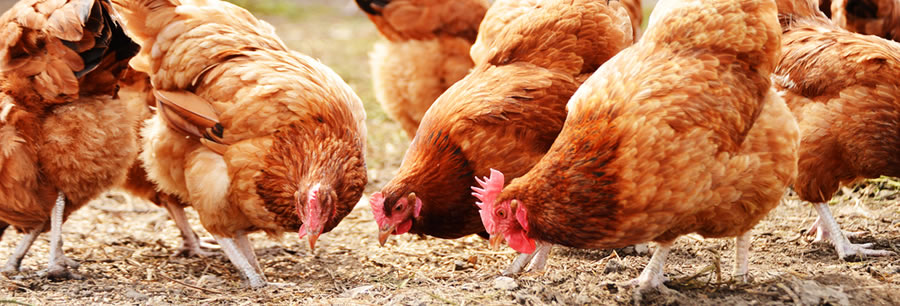Improved Kienyeji chicken farming is currently a popular niche with many Kenyan farmers wishing to venture into poultry farming. Launched less than a decade ago, the KARI improved kienyeji chickens have largely replaced the indigenous kienyeji chicken that were once a common site across rural Kenya.

Factors such as fast maturity, good egg yield and quality meat makes them a profitable choice for farmers wishing to venture into poultry farming. They are also relatively cost-effective. You don’t need an intensive system to raise your improved kienyeji chicken. The feeding requirements are relatively lower than those of factory-reared chicken. Additionally, there is a ready market for improved kienyeji chicken meat and eggs. They have traditionally been preferred by many health-conscious families. While the retail market is still dominated by broilers, there is a big and growing niche for kienyeji chicken products which makes this farming venture a largely sustainable and profitable one.
If you are planning to venture into improved kienyeji chicken farming, there are plenty of measures that you can undertake to ensure you run a successful operation. These include the following:-
- Read and learn more about what improved kienyeji chicken farming entails: There are lots of resources online that you can use for this including our kienyeji chicken farming manuals which are a treasure0-trove of information. You can also visit kienyeji farms for first-hand information and practical experience on the best husbandry methods when it comes to kienyeji farming.
- Have a business plan: Have a clear business plan on the business objectives you wish to achieve. It’s not mundane. A business plan can be a good guiding light that will help you realize your plans.
- Work on your poultry farming strategy: The strategy should be clearly spelled out in the poultry farming business plan. What kind of poultry farming venture are you planning to invest in? Will it be kienyeji egg farming or meat production? Do you wish to be a breeder? When it comes to poultry farming ventures. It’s often best to specialize in one line of venture.
- Save money: Poultry farming costs lots of money so it is important to set aside some savings that will cater for the capital expenditures and the ongoing expenditures such as the labor and feeding costs.
- Have clear record keeping: Keep good records on your poultry venture. These should range from the flock size to costs, mortality, feeding and other activities on the poultry farm. Good record keeping is key to effective farming venture management.
- Scale it up: Think about the scale of poultry farming that you can manage. You can start with as little as 50 chicks but scale this over time to 500 or even 1000 hens. It’s good to have a short time and long term goal. Start small but always work towards building a bigger poultry farming venture. Scaling up your poultry farming operations will make this difference between a subsistence venture and a large scale commercial operation.
Lastly, poultry farming requires a degree of patience, particularly if you are planning to go into this for the first time. You will make mistakes and there will be a crucial learning phase during which you will need to refine your skills and cut down on the losses.